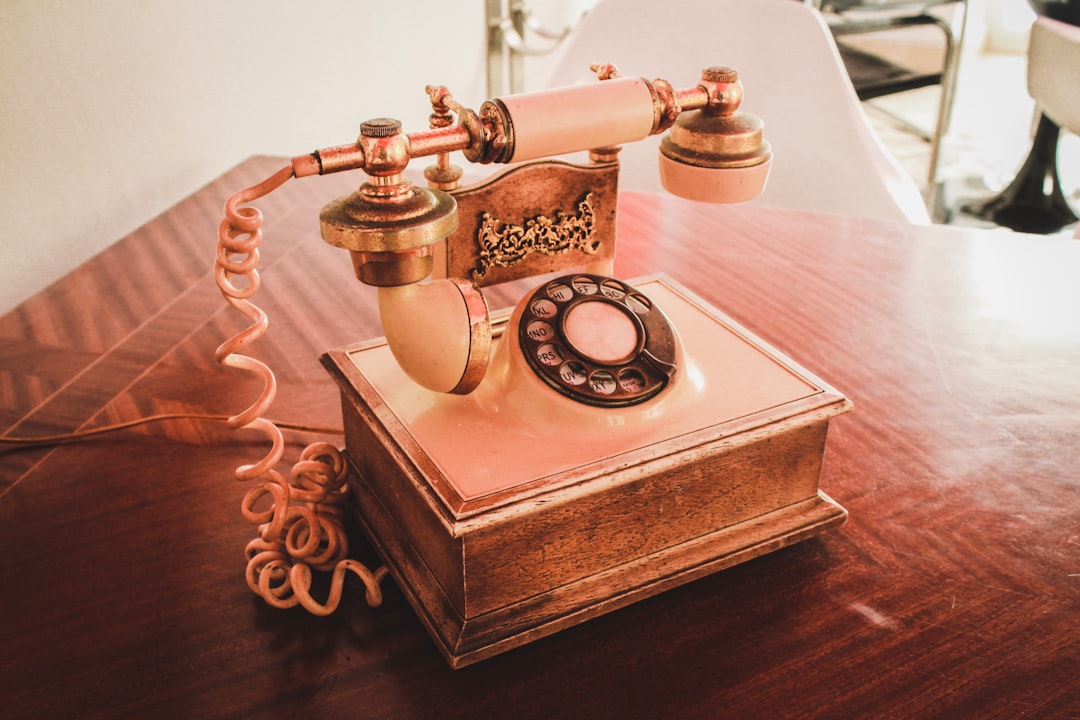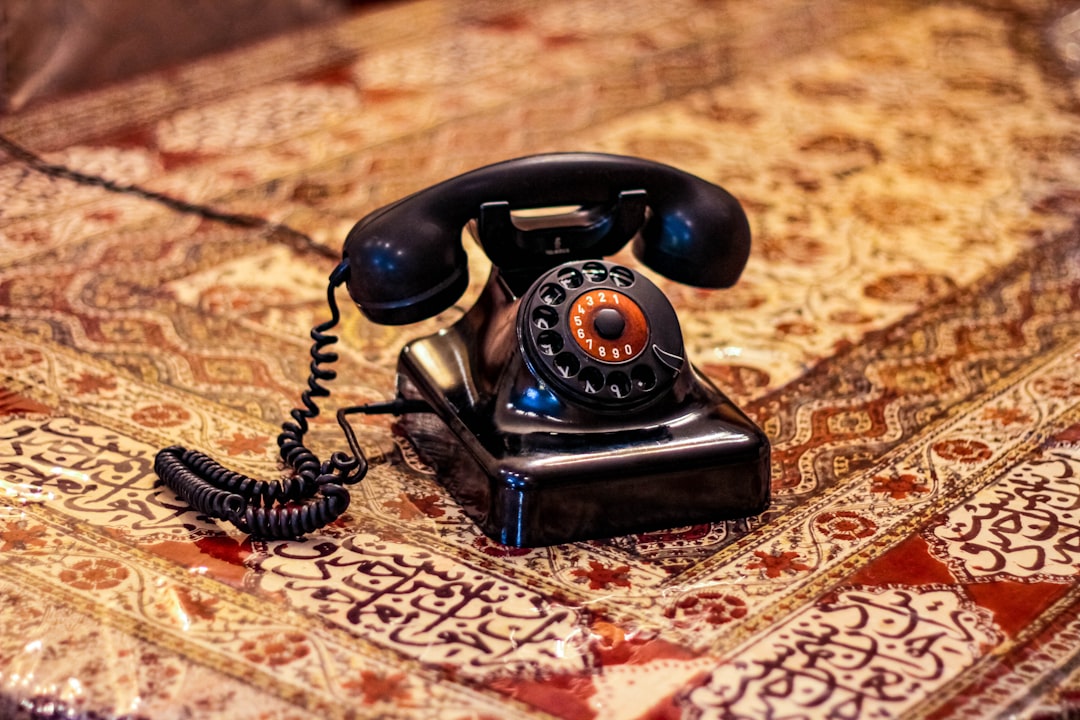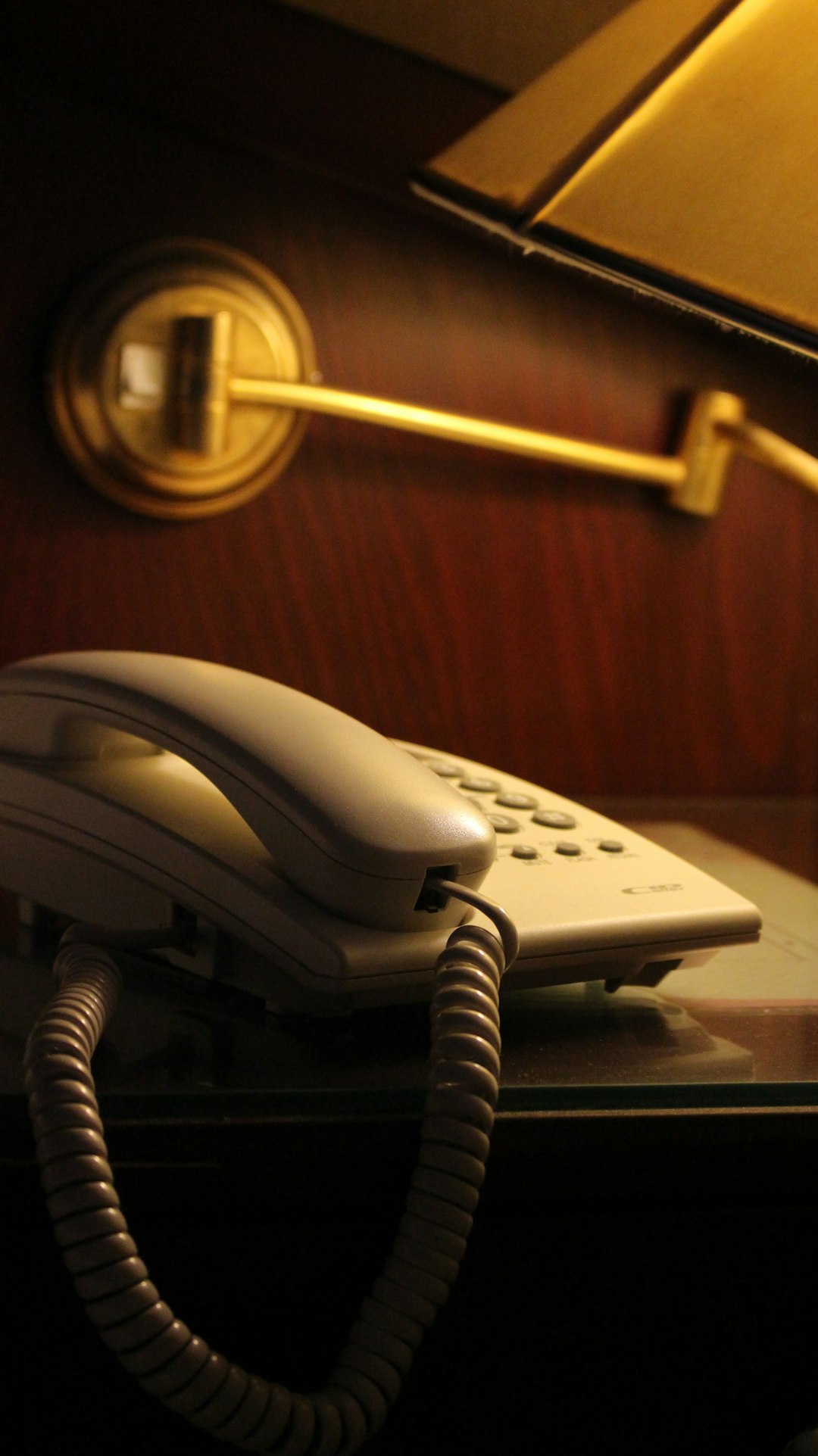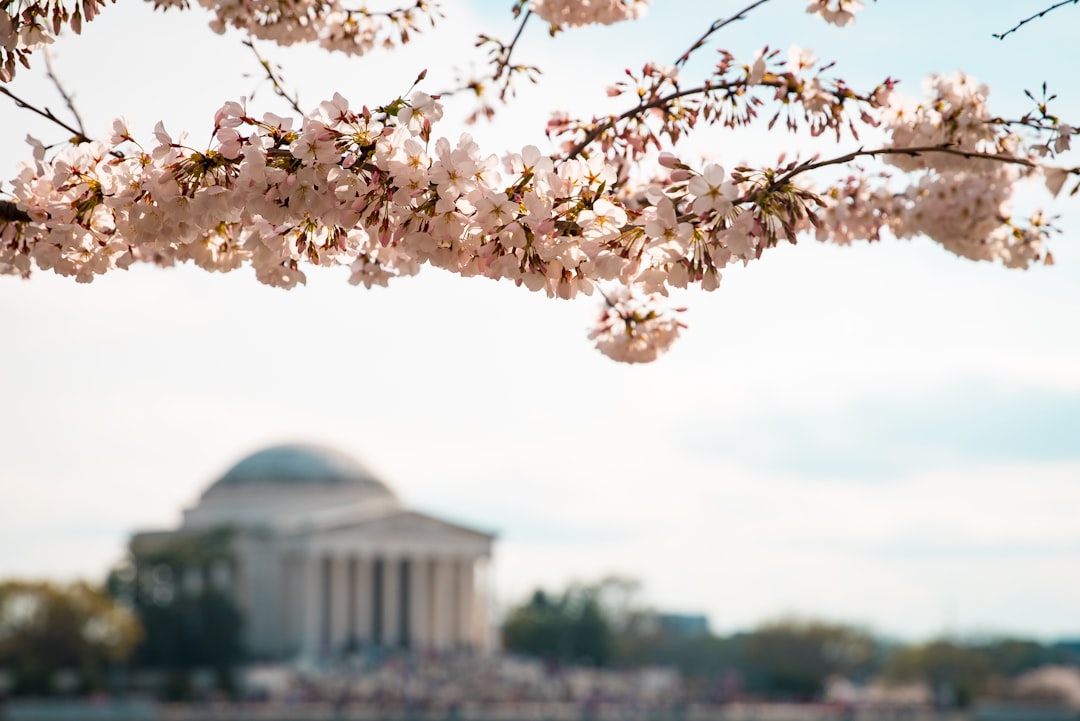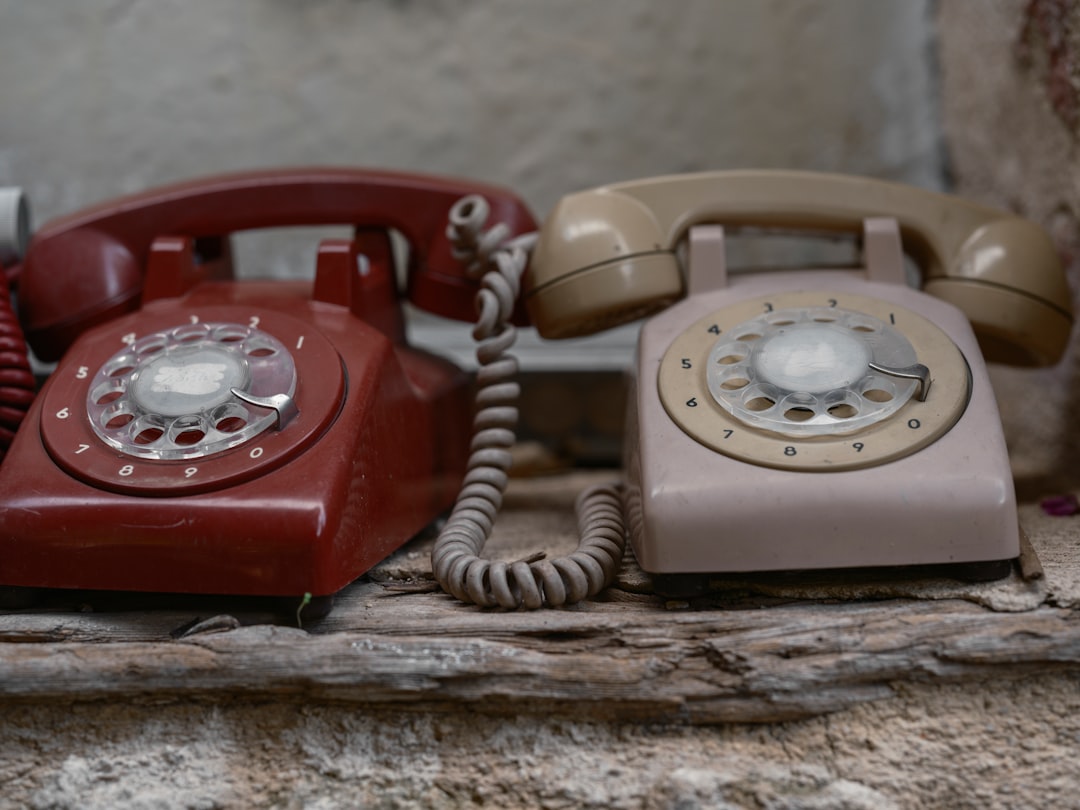In Washington state, automated calls (robocalls) are regulated, with exceptions for political messages, non-profits, legal notifications, and public safety. Unwanted robocalls are a significant concern, leading to the establishment of Do Not Text laws protecting individuals from unsolicited communications, including from lawyers. The Federal Communications Commission (FCC) regulates electronic communications, enforces consumer protection laws, and offers resources for filing complaints against violators. Individuals facing robocall issues should consult specialized Do Not Text lawyers or robocall attorneys in Washington who can offer personalized guidance, protect rights, seek compensation, and ensure business compliance with state and federal regulations. Notable lawsuits have set precedents against telemarketers, empowering consumers.
In Washington, navigating the maze of robocalls and telemarketing regulations can be challenging. This guide explores your rights and legal options against unwanted automated calls. From understanding state laws to knowing when automated communications are permitted, we’ll break down common violations and the role of regulatory bodies like the FCC. Discover steps to file a complaint, tips for choosing legal representation, and success stories from Washington consumers fighting back against robocallers. Protect your privacy with our do’s and don’ts, and remember: don’t text a lawyer in Washington; consult a dedicated robocall attorney or law firm instead.
- Understanding Robocall and Telemarketing Regulations in Washington
- When is it Legal to Receive Automated Calls?
- Common Violations: Unwanted Robocalls and Their Impact
- The Role of the Federal Communications Commission (FCC)
- Filing a Complaint: Steps to Take Against Robocallers
- Finding the Right Legal Representation for Robocall Cases
- Success Stories: Notable Lawsuits Against Telemarketers in Washington
- Protecting Your Rights: Do's and Don'ts for Consumers
Understanding Robocall and Telemarketing Regulations in Washington
When is it Legal to Receive Automated Calls?
In the state of Washington, there are strict regulations surrounding automated calls, commonly known as robocalls, especially when used for telemarketing purposes. While many consumers find these calls intrusive, there are circumstances where receiving automated messages is legal. Typically, businesses or organizations must obtain prior consent from individuals before initiating such calls, especially if they involve promotional or advertising content. This consent can be obtained through various means, such as opt-in forms on websites, sign-up lists at events, or explicit agreement during sales transactions.
However, there are exceptions to this rule. Automated calls are permissible without prior consent for specific purposes like political messages, messages from non-profit organizations, and certain types of legal notifications or alerts. Additionally, robocalls can be used by law enforcement agencies for public safety announcements or emergency communications. Individuals seeking legal counsel regarding robocall violations in Washington can consult with a Do Not Text lawyer or robocall attorney who specializes in these matters and understands the state’s regulations, including those related to Do Not Text lists like Do Not Text law firm and Do Not Text lawyers in Washington.
Common Violations: Unwanted Robocalls and Their Impact
In Washington state, unwanted robocalls and telemarketing calls are a prevalent issue, often violating consumers’ privacy and peace of mind. These automated messages, typically promoting legal services or various products, can be particularly intrusive when they are unsolicited. The Do Not Text laws, including restrictions on Do Not Text lawyers Washington, Do Not Text attorney Washington, and Do Not Text law firms Washington, are designed to empower individuals by giving them control over their communication preferences.
The impact of robocalls can be significant, from causing distress and annoyance to potentially revealing personal information or leading to financial loss. Robocall attorneys Washington and robocall law firms Washington play a crucial role in addressing these violations. They help victims navigate the legal system, seek compensation for damages, and promote awareness about the rights of consumers, ensuring that businesses adhere to regulations like the Do Not Text lawyers Washington guidelines.
The Role of the Federal Communications Commission (FCC)
In the ongoing battle against unwanted robocalls and telemarketing intrusions, the Federal Communications Commission (FCC) plays a pivotal role in enforcing compliance with consumer protection laws in Washington state. The FCC is tasked with regulating electronic communications, ensuring that businesses adhere to established guidelines regarding automated calls and text messages. For residents of Washington who have become victims of persistent robocalls or unsolicited texts from law firms, the FCC provides a crucial safety net. It offers resources and guidance on how to file complaints against violators, empowering individuals to take action against these intrusive practices.
When it comes to addressing robocall and telemarketing violations, the FCC’s authority extends to enforcing the National Do Not Call Registry and supporting consumer rights. This includes investigating reports of spam texts from law firms or attorneys promoting their services. Individuals seeking redress can file complaints through the FCC’s online portal or by contacting designated robocall attorney Washington resources. By holding businesses accountable for their marketing tactics, the FCC helps maintain a peaceful and respectful communication environment, respecting the preferences expressed by consumers who have registered on the Do Not Text lawyer Washington or similar lists.
Filing a Complaint: Steps to Take Against Robocallers
If you’ve received unwanted or harassing robocalls or text messages from telemarketers in Washington state, you have rights and options. Filing a complaint is a crucial step to stop these nuisance calls and hold perpetrators accountable. Here’s how to proceed:
1. Gather Evidence: Save the messages, note down details like caller ID information, and record any patterns in the calls’ frequency or content. This evidence can be invaluable when filing your complaint.
2. Choose Your Reporting Method: You can file a complaint with the Washington State Attorney General’s Office, which has a dedicated section for consumer protection. Alternatively, consider contacting local law enforcement if you believe criminal charges might apply. Additionally, do-not-text services like Do Not Text Lawyer Washington, Do Not Text attorney Washington, or similar registered firms can guide you and represent your interests if needed.
Finding the Right Legal Representation for Robocall Cases
When facing violations from robocalls or telemarketing, it’s crucial to find legal representation that specializes in these areas. In Washington state, individuals often turn to Do Not Text lawyers or robocall attorneys who possess expertise in navigating complex consumer protection laws. These professionals can provide guidance tailored to your specific situation, whether the violation involves unwanted calls, text messages, or other forms of unwanted marketing.
Choosing the right Do Not Text law firm in Washington is essential for several reasons. Such firms have a deep understanding of state and federal regulations related to telemarketing practices. They also have experience dealing with various robocall-related issues, from unauthorized calls to misrepresentations made by marketers. Engaging a reputable Do Not Text lawyer can help protect your rights, secure compensation if due, and prevent future violations.
Success Stories: Notable Lawsuits Against Telemarketers in Washington
In recent years, several notable lawsuits against telemarketers in Washington have resulted in significant victories for consumers, setting precedents and sending a strong message to the industry. These success stories highlight the importance of holding telemarketing companies accountable for their practices, especially those involving robocalls and text messages. One prominent case involved a class-action lawsuit against a national telemarketing firm, where consumers alleged violations of the Telephone Consumer Protection Act (TCPA). The court ruled in favor of the plaintiffs, awarding substantial damages and injunctive relief, including an order to cease all unauthorized automated calls.
Another impressive outcome was achieved by a local Do Not Text Lawyer in Washington who represented clients complaining about unwanted text messages from various law firms. This lawsuit led to a settlement that required the defendants to implement stricter opt-out procedures and provide significant compensation to affected individuals. These cases demonstrate that consumers have legal recourse against robocall and telemarketing abuses, encouraging more people to seek justice through Do Not Text Attorneys or robocall Law Firms in Washington.
